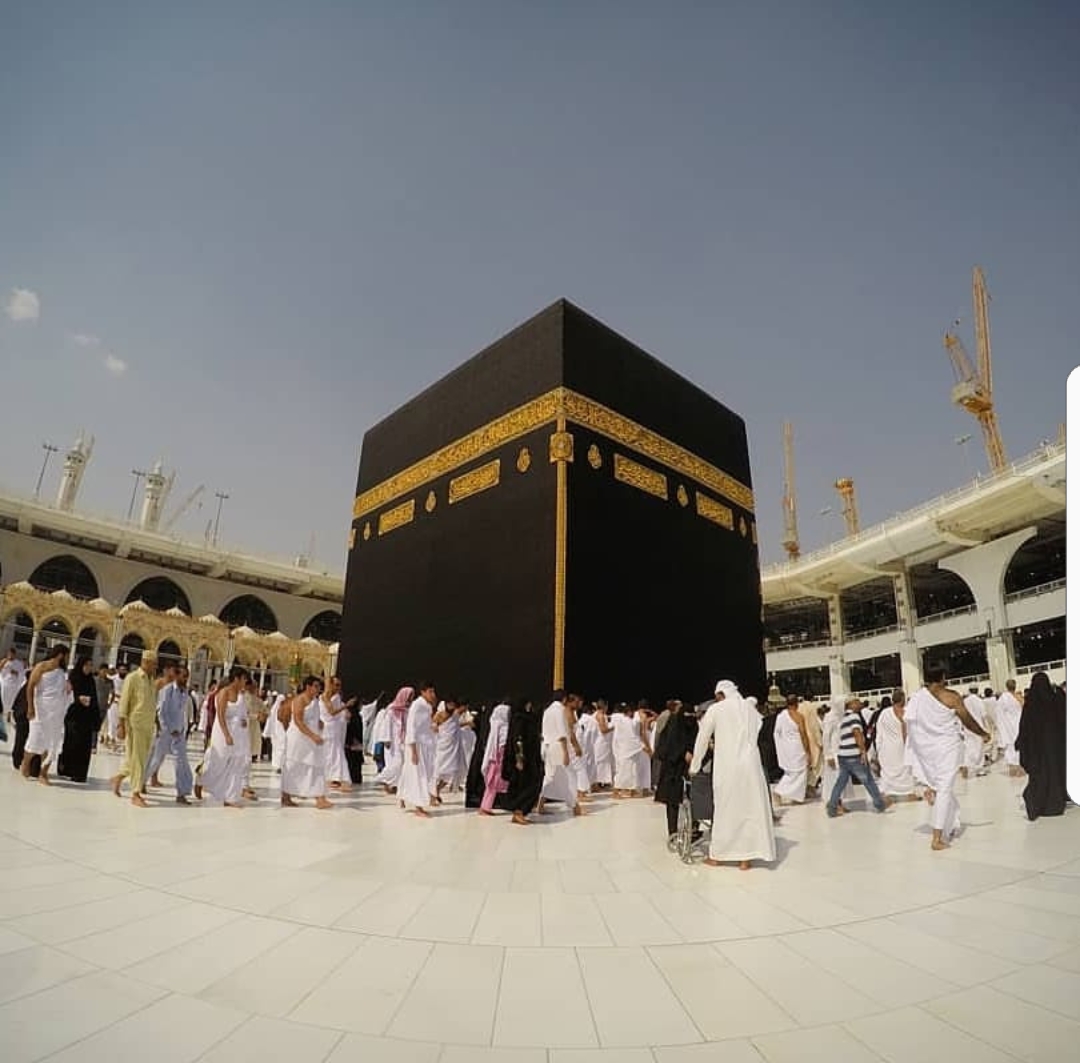بسم الله الرحمن الرحيم
Manner of Advising
The Messenger of Allah (sal Allahu alaihi wa sallam) said: “O Umar! You are a strong person. Do not jostle through the crowds to reach the black stone lest you injure the weak. If you find an opening, then touch it, otherwise, simply face it and utter Tahleel and Takbeer (laa ilaaha illallaah and Allaahu akbar).” [Musnad Ahmad]
On one occasion the Prophet (sal Allahu alaihi was a sallam) noticed that Umar (radi Allahu anhu) was making Tawaf around the Kaabah and as he wished to touch the black stone, he jostled through the crowds and kissed it. Umar (radi Allahu anhu) was very muscular and strong and on his way to the black stone he could have harmed someone. The Prophet (sal Allahu alaihi wa sallam) wanted to advise him in this regard, so in order to mentally prepare him for advice he started by saying, “O Umar, you are a strong person.” Umar (radi Allahu anhu) became pleased upon hearing this. The Prophet (sal Allahu alaihi wa sallam) then said, “Do not jostle through the crowds to reach the black stone.”
There was once a king who saw in a dream that all his teeth had fallen out. He called a dream-interpreter, told him what he had seen, and asked him to interpret it.
When the interpreter heard the dream his complexion changed and he began to repeat, “Allah’s refuge is sought! Allah’s refuge is sought!” The king became worried and asked, “What is the interpretation of my dream?” The interpreter said, “After many years pass, your wife and children will die and you will be all alone in your kingdom!”
The king screamed, became furious, and began to hurl abuses and insults. He then ordered that the interpreter is imprisoned and called for another interpreter. He again related to him what he had seen in his dream and asked him for the interpretation.
The dream interpreter smiled and said, “Glad tidings dear king!” The king said, “What is the interpretation of the dream?” The interpreter said, “It means that you will live for very long – so long that you will be the last of your family to die, and you will remain a king your entire life.”
The king became very pleased, showered him with gifts, and remained content with him whilst angry with the first dream-interpreter. In reality, both interpretations were the same, the difference was in the way in which the interpretation was conveyed.
A man’s flesh is not fit for eating nor is his skin fit for clothing – there is nothing in him except the sweetness of his tongue.
Anonymous
Rabiul Awwal 1440





![1422040968296[1]](https://mylittlebreathingspace.files.wordpress.com/2015/03/14220409682961.jpg?w=300&h=300)